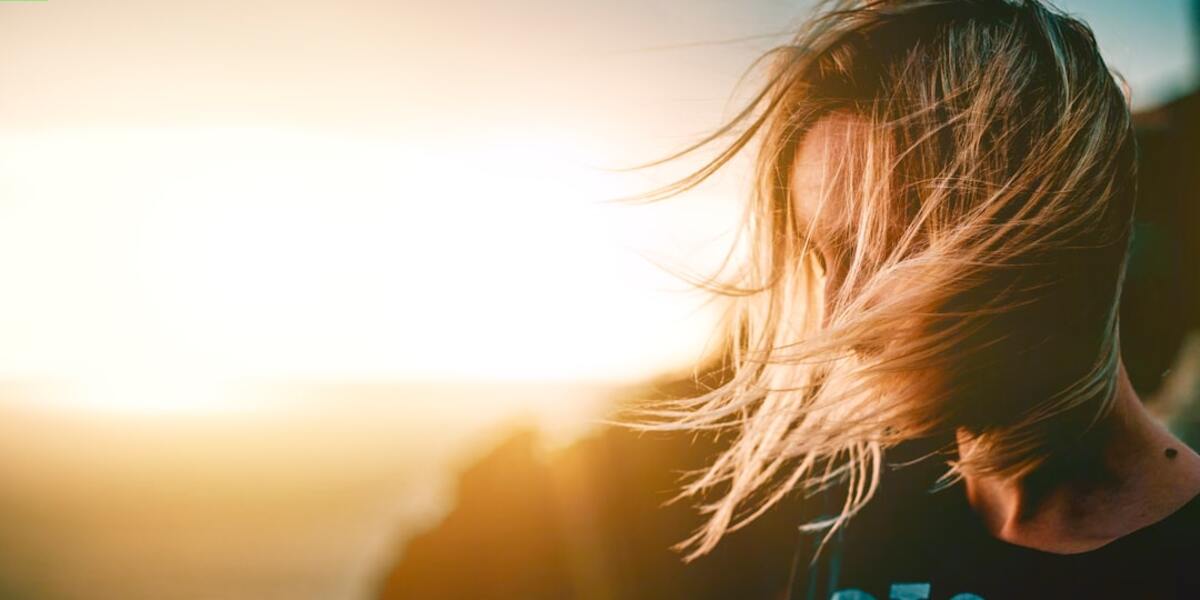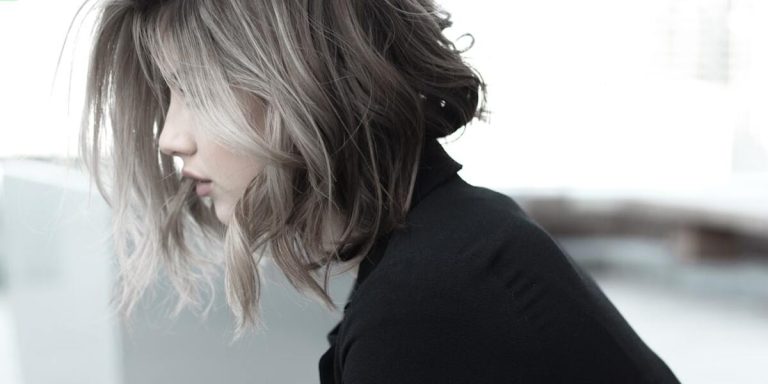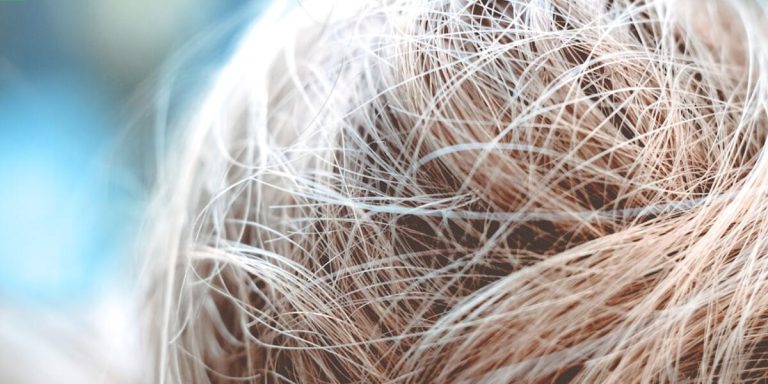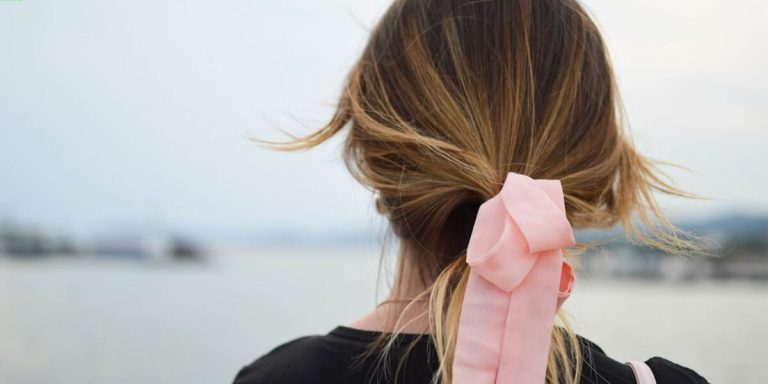Does Drinking Alcohol Cause Hair Loss: An In-depth Examination on the Link Between Spirits and Strands?
Exploring the question “does drinking alcohol cause hair loss” takes us into a complex discussion about lifestyle choices, health and individual genetics. There’s an alarming increase in people experiencing premature hair thinning or baldness these days, triggering enormous amounts of research investigating potential causes. One such area being examined with scrutiny is habitual alcohol consumption.
The connection between spirits and strands might seem far-fetched initially but digging deeper into scientific studies reveals some surprising links. This post will present an in-depth examination of this topic by reviewing available research, medical expert opinions and biological facts related to body functions disturbed due to excessive regular intake of alcoholic beverages leading towards alopecia.
Did you know?
Interestingly, a study published in the Journal of Dermatology reported that excessive alcohol consumption negatively impacts zinc levels in the body, which can lead to hair loss. This reinforces the link between high intake of spirits and reduced hair health.
Understanding the Impact of Alcohol on Hair Health
While moderate intake may not directly lead to drastic changes in your locks’ volume or strength, heavy and regular consumption could potentially affect your overall hair health negatively. Alcohol can interfere with nutrient absorption within the body – including vital vitamins and minerals for healthy tresses such as zinc, folic acid, vitamin B complex among others leading to malnourishment of scalp follicles.
Moreover, it also has diuretic properties which means more frequent urination thus putting you at risk for dehydration; this lack of moisture affects not only skin but also strains the roots causing them lose their vitality eventually resulting damage or even complete shedding over time.
Examining the Connection Between Alcohol Consumption and Hair Loss
Alcohol consumption plays a significant role in our overall health, and it is no surprise that it can indeed affect the quality of our hair. A common question many individuals ask is – “Does drinking alcohol cause hair loss?” To ascertain this connection, let’s delve into some details.
Alcohol essentially dehydrates your body, leading to dry and brittle hair which eventually breaks off or thins out with time. This dehydration impact on the scalp cells may also hinder healthy new growth of strands. Therefore, consistent heavy drinking might create an unfavorable environment for your mane.
Next up are nutritional deficiencies which become pronounced due to excessive drinking. Essential nutrients like vitamins (A,B,C), zinc and iron play major roles in maintaining hair well-being. Lack thereof owing to poor diet habits induced by prolonged exposure to alcohol points towards potential alopecia or baldness over time.
Moreover, if you look closely at most alcoholic beverages’ ingredients list you’ll find sugar featuring prominently there; another key contributor causing havoc for those lustrous locks! High blood sugar levels not only have detrimental effects on general bodily functions but disrupts hormonal balance too—thus encouraging damaging DHT production thereby accelerating male pattern baldness!
Finally yet importantly comes stress – both physical as emotional trauma associated with chronic alcoholism often leads directly to temporary shedding aka Telogen Effluvium — one type among several clinically recognized forms of progressive thinning phenomena prevalent now more than ever before across all demographics universally irrespective geographical boundaries even age brackets!
The Effects of Nutritional Deficiencies Caused by Excessive Drinking
Excessive consumption of alcohol often leads to nutritional deficiencies, and this deprivation of critical vitamins and minerals can accelerate hair loss. Unraveling the correlation between consistent heavy drinking and hair thinning might be surprising for many, but it is a reality we must face.
Firstly, let’s focus on how excessive intake of alcohol negatively impacts your body’s ability to absorb vital nutrients such as zinc, vitamin B12, folic acid among others. When our bodies lack these crucial elements that contribute towards healthy hair growth; the unfortunate consequence is weak follicles leading them prone to breakage or fall out.
For instance, consider Zinc – an essential nutrient responsible for cell renewal and tissue regeneration in our bodies including scalp health maintenance. Alcohol severely hinders its absorption rate resulting in weaker roots hence promoting minimalistic thickness levels over time eventually leading up-to generalised ‘hair-thinning’.
The other casualty due to high-level alcoholic indulgence would be Vitamin-B especially Folate (Vitamin B9) & Cobalamin (Vitamin B12). Both are instrumental within DNA synthesis process which translates directly into efficient cellular division – foundation behind active hair-growth cycle!
Once their supply chain gets disrupted by regular binge-drinking episodes; your tresses start suffering visibly starting with diminished sheen & volume before stepping onto higher ladder rungs featuring constant shedding more prominently known commonly under “Hair Loss”.
Lifestyle Factors Contributing to Hair Loss: The Role of Alcohol
Alcohol consumption can significantly contribute to hair loss as a lifestyle factor. Its diuretic properties may lead to dehydration, stripping the body of essential nutrients and hydration for healthy hair growth.
Dehydration hinders your body’s capacity to deliver adequate energy or vitamins for strong hair strands, leading to weakened hairs that eventually fall out.
Moreover, excessive drinking can result in an imbalance of iron levels within the body. Iron is another crucial element that supports flourishing locks; it helps red blood cells carry oxygen throughout the tissues in our bodies including those responsible for new hair production. Hence when this balance is perturbed due to high intake of alcohol over time- there’s more chance you’ll experience thinning or balding areas across your scalp.
How Stress and Alcohol Intake Accelerate Hair Thinning
It’s common knowledge that stress and alcohol intake have adverse effects on our health. But what many people don’t know is how these lifestyle factors can also play a significant role in hair thinning or loss.
Stress, as we know, acts like an enemy to our overall wellness. It affects us both physically and psychologically – manifesting itself through symptoms such as anxiety, depression or even something cosmetic like substantial hair shedding. This biological reaction – known medically as Telogen Effluvium – occurs when more hairs than normal prepare to fall out of the scalp.
When you’re stressed out consistently for weeks or months at a stretch (chronic stress), your body will react by causing unnecessary shifts in hormonal balances which eventually lead to premature hair thinning.
Let’s move onto another highly debated topic: “Does drinking alcohol cause hair loss?” While occasionally enjoying alcoholic beverages may not directly result in baldness, regular heavy consumption most certainly can amplify pre-existing conditions leading up to it.
Alcohol has multifaceted negative impacts on your nutritional status. For starters, it’s high in empty calories but low on essential nutrients meaning excessive indulgence results essentially malnourishment over time.
Dehydration from Alcohol Use as a Culprit for Weakening Hair Strands
Drinking alcohol in excess can be quite detrimental to your overall health, and this includes the vitality of your hair. A crucial factor that links overconsumption of alcohol with hair loss is dehydration.
Now you may wonder: does drinking alcohol cause hair loss? The answer lies in understanding how excessive intake affects our body processes.
Alcohol consumption often results in dehydration. Your kidneys work extra hard trying to remove the increased amount of fluids from your system while consuming alcoholic beverages. This directly impacts hydration levels throughout the body – including within your scalp and hair strands.
Dehydration caused by frequent heavy drinking leads to parched, undernourished follicles which cannot promote healthy growth or maintain existing hairs effectively. When these thirsty follicles are deprived continuously, it ultimately leads towards weaker strands becoming more susceptible to breakage and shedding resulting eventually into recognizable patterns of baldness or thinning on certain areas on one’s head.
Furthermore, a dehydrated scalp creates an environment far less hospitable for new growth due to diminished nutrient access at root level — significant when considering most vital nutrients supplied via blood circulation don’t even reach their intended target before being depleted elsewhere as part of survival priorities set out by our bodies during times like experiencing severe fluid depletion (such as post-alcoholic binge sessions).
Biological Insights: Does Your Drink Affect Your Locks?
Alcohol consumption and its relation to hair loss might not be the first association that comes to mind when considering factors contributing towards thinning tresses. However, it’s time we uncover the hidden reality – your regular after-work glass of wine or weekend beer sessions could indeed be playing an unexpected role in causing those extra strands on your pillow.
Alcohol systematically affects our body, impairing liver function and disrupting hormones—all indirectly weakening hair health.
It dehydrates you, leading to drier hair prone to damage and falling out. As a diuretic, it prompts frequent urination that drains essential nutrients faster than your body can replace them.
Healthy locks require vitamins like A & B complex and minerals such as zinc, which excessive drinking often depletes.
Moreover, high levels of alcohol reduce serum iron levels leading concurrently towards poor scalp circulation thereby affecting normal follicular growth cycles. Compounded by stress-induced pattern baldness that can occur through chronic drinking episodes –the link between alcohol consumption and possible hastening of natural shedding rhythms becomes more conceivable with this evidence at hand.
In conclusion- while enjoying a social drink occasionally doesn’t call for immediate worry about losing precious locks overnight– habitual heavy drinkers may want rethink their lifestyle choices if witnessing unexplained increases in radial reduction or premature greying conditions especially around healthier dietary habits including keeping hydrated sufficiently throughout each day.
Analyzing Hormonal Changes Due to Alcoholic Beverages and Their Influence on Hair Growth
Alcohol consumption has a multifaceted impact on our overall health and bodily functions, including hormonal changes that can potentially disrupt hair growth. Let’s dig deeper into the connection between your favorite cocktail and the vitality of your locks.
One significant way in which alcohol affects hormones is by impacting the liver’s ability to regulate estrogen levels. Large amounts of alcohol hinder this regulation process, resulting in an upswing in estrogen concentration throughout the body. Elevated levels of estrogen have been associated with thinning hair or even pattern baldness due to disruption of normal follicle function.
On top of this hormonal imbalance, heavy drinking substantially dehydrates you – another major culprit behind compromised hair health. Dehydration from regular drinking dries out your follicles making them more susceptible to damage, consequently leading to brittle strands that fall out easily.
Additionally, excessive intake often leads people down a path where nutrient deficiencies are common such as B vitamins and iron deficiency – both key contributor towards healthy hair growth.
Toxic Effects of Acetaldehyde From Alcohol Metabolism On Follicle Function
The relationship between alcohol consumption and hair loss is a point of interest for many. Specifically, one compound generated during the metabolic breakdown of alcohol – acetaldehyde – has been linked to toxicity that can potentially damage hair follicles, leading us to question – does drinking alcohol cause hair loss?
Acetaldehyde is produced in your liver when you consume an alcoholic beverage. It’s a potent toxin which can have various adverse effects on the body including disrupting essential functions at cellular level.
One effect it may have involves damaging proteins necessary for healthy growth of hairs. This toxic metabolite has the potential to disrupt protein synthesis within our follicle cells causing them unable not only produce adequate amounts but also affect their quality affecting overall healthiness lock production.
High levels of acetaldehyde can induce oxidative stress in structures responsible for creating new strands. Oxidative stress occurs when excessive free radicals or reactive oxygen species (ROS) are present and cannot be neutralized by antioxidants within tissues. This exacerbates conditions from disrupted protein equilibrium caused by exposure to this deadly metabolic byproduct, potentially leading to thinning or receding hairlines over time with consistent alcohol consumption. Some individuals may be genetically predisposed to these conditions more than others.
Conclusion
So, does drinking alcohol cause hair loss? The intricate dance between spirits and strands is a fascinating exploration into our body’s responses to imbibing. However, it’s clear from our examination that the relationship isn’t as straightforward or direct.
Regular heavy drinking can lead to vitamin deficiencies and hormonal changes which both pose risks for your crowning glory.
Remember, moderation remains the key. Pay attention not only to what goes in your glass but also on your plate; balance is crucial! Feel free to dive deeper into other intriguing aspects of ‘Hair Loss Causes’ scattered around our website if you’re interested in keeping those locks lush longer.
Make friends with scientific truths rather than hearsay – knowledge after all makes a man fit company for his own self!







